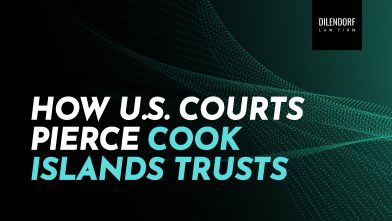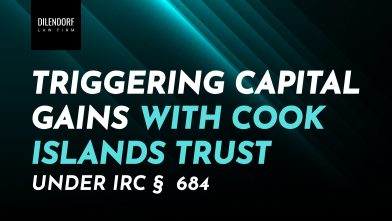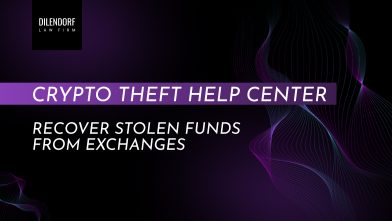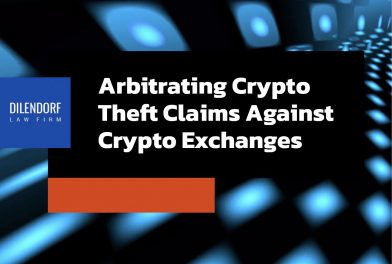DeFi: A Crypto-Hedge Fund Manager’s Nightmare
Decentralization is the holy grail of DeFi. Without it, the so-called DeFi investment is just “Fi” and another run-of-the-mill unregistered security calling itself DeFi. Why would crypto-hedge fund managers invest in unregistered securities? Because they failed to perform the necessary due diligence.
Opportunities abound in this dynamic industry with new projects calling themselves DeFi appearing every day. The profit potential is real. And so too is the risk. For crypto-hedge fund managers, the risk of breaching the fiduciary duty. The risk of dealing in unregistered securities. The risk of participating in unlawful activity.
But for those opposed to running afoul of the law, the risks are greatly reduced by answering a single question: Is the project DeFi or Fi masquerading as DeFi?
Decentralization is more than a mere descriptor or label. It is founders fully relinquishing control, power, and influence. It is a diverse group of asset holders governing a project. It is the free flow of information. Decentralization is often the characteristic that separates a security from a non-security and determines a project’s FinCEN obligations.
However, decentralization is rarely present in the start-up phase. Instead, as the project matures, if it is intended to be true DeFi, its governance shifts towards decentralization. Meaning, in the beginning and middle stages the project is likely a security. And no self-assigned label will change the project’s level of decentralization. It is only when the governance fully evolves that a project (and its investors) can enjoy the benefits of decentralization.
How do crypto-hedge fund managers know which projects are DeFi (fully decentralized) and which are imposters? Due diligence.
Appraising the role of the founders and the project’s governance processes is the foundation of DeFi due diligence. How much control do founders possess? Is there a group exerting disproportional control or influence over the project? Do asset holders collectively govern or is it an illusion? Answering these and other questions is the only way to gauge a DeFi’s level of decentralization.
The choice is simple. Skip due process and live with nightmares about legal consequences and other possible penalties. Or scrutinize the people and governance processes of a project before investing to discover its decentralization level and sleep easy. For a more comprehensive discussion regarding the decentralization of blockchain networks and governance, please refer to Dilendorf Law Firm’s report – here.










